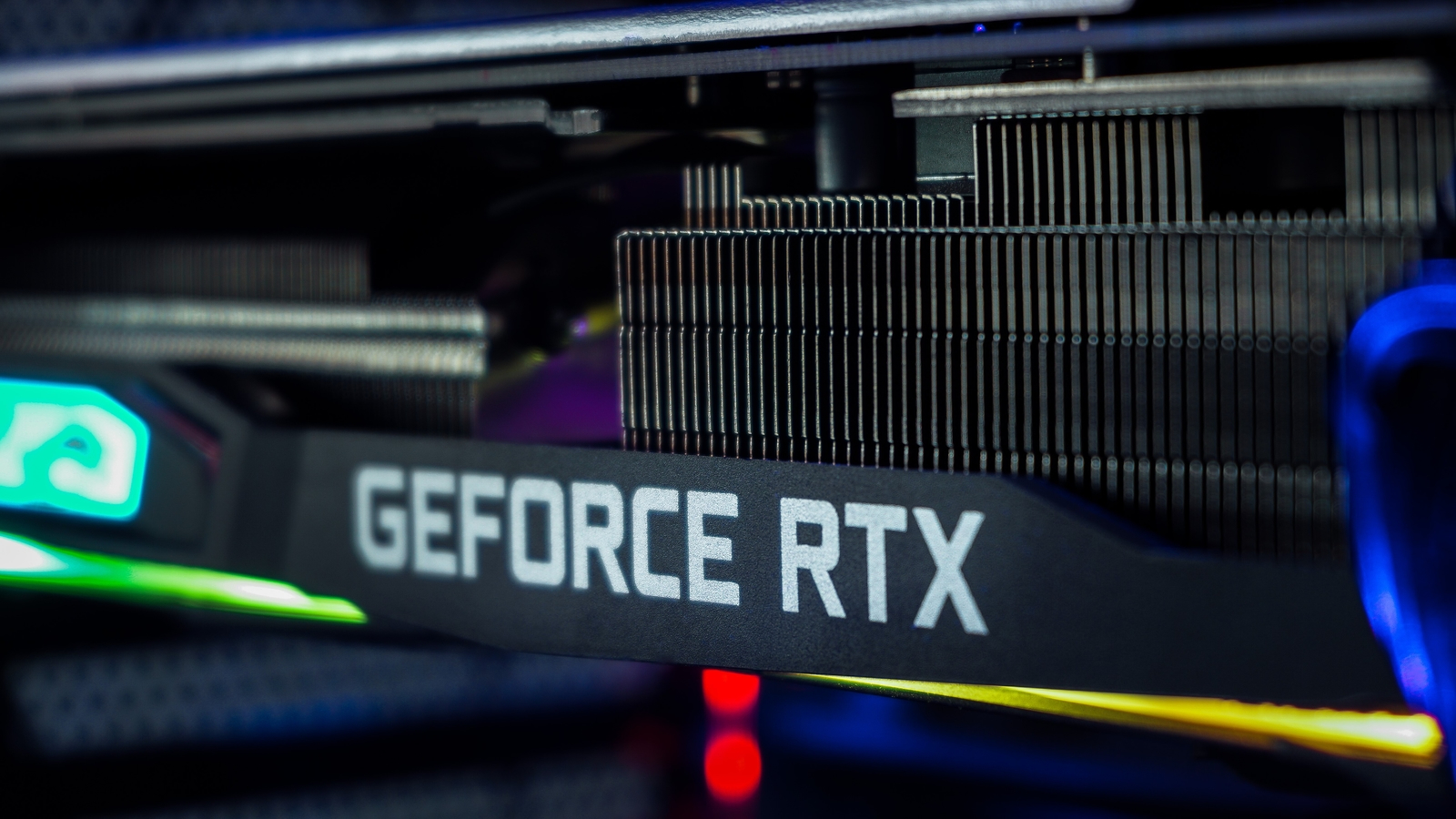RTX 4060 Ti 8GB 128-bit Bus Config Seemingly Confirmed in New Listings
The RTX 3060 Ti and RTX 2060 Super have nearly double the memory bandwidth

According to a tweet by @momomo_us, four Russian listings have confirmed the specifications of Nvidia's upcoming GeForce RTX 4060 Ti graphics card, including its underwhelming 8 GB memory capacity. The listing shows four video card models from Palit, detailing the memory configuration and display connection outputs.
The listed specifications align perfectly with previously reported leaks outlining the RTX 4060 Ti's full specifications. Essentially, we see a very underwhelming memory configuration from these reports, surrounding a 128-bit bus and 8 GB memory configuration.
If previous leaks hold true that this memory configuration will operate with 18 Gbps GDDR6 modules, the RTX 4060 Ti will have roughly half the memory bandwidth of the RTX 3060 Ti and even the RTX 2060 Super, with just 288 GBps. Adding the fact that the RTX 4060 Ti is also reported to have just 8 GB of memory, this GPU is starting to look very underwhelming compared to its predecessors.
pic.twitter.com/BhFvcGkAROMay 5, 2023
The good news is that the RTX 4060 Ti's Ada Lovelace GPU architecture does have substantially more L2 cache than its predecessor (32MB), which should counter many potential downsides with its memory configuration. It reportedly has 36% more TFLOP compute performance, so it could be significantly faster than its predecessor in non-gaming situations.
But going back to the gaming aspect of the card, with its slower memory bandwidth combined with just 8 GB of memory, it'll be interesting to see how much of a bottleneck 288 Gbps will be.
The problem is that modern video games stream assets and textures on the fly to the GPU memory constantly as the player roams around the game world. For example, Unreal Engine 5 titles utilize Nanite because open-game worlds have become far too big to house all the necessary textures and assets in video memory. As a result, having lower memory bandwidth could reduce frame rates when the GPU has to wait for new textures to be streamed in before rendering out a finished frame.
Current rumors indicate that the RTX 4060 Ti will be unveiled during Computex 2023 later this month for $400 to $450. So at the very least, we're getting a cheap Ada Lovelace GPU, even if it won't be that much faster than its predecessor in memory-bound scenarios.
Get Tom's Hardware's best news and in-depth reviews, straight to your inbox.

Aaron Klotz is a contributing writer for Tom’s Hardware, covering news related to computer hardware such as CPUs, and graphics cards.
-
Reply
It reportedly has 36% more TFLOP compute performance, so it could be significantly faster than its predecessor in non-gaming situations.
Based on the rumored 2685 MHz boost clock on some custom models, the card could deliver up to 23.3/24 TFLOPs of compute horsepower which seems roughly 44% higher than the NVIDIA GeForce RTX 3060 Ti.
But the actual performance increase should be 30-40% faster than the RTX 3060 Ti. -
bigdragon Disappointing. Nvidia is lagging behind where game developers and the console vendors are going. Fortunately, there will probably be a bunch of variants of the 4060 just like how there were many variants of the 3060. Hopefully this base model is just the start.Reply
How much longer until Nvidia starts producing Light Artificial Intelligence (LAI) cards? They had Light Hash Rate (LHR) cards. Bring on the LAI variants! -
spongiemaster I don't see it on this site as of this posting, but Nvidia just announced a new texture compression method,Reply -
Replyspongiemaster said:I don't see it on this site as of this posting, but Nvidia just announced a new texture compression method,
Yeah, I read about it on Nvidia's blog, the neural texture compression method. The method sounds kind of interesting.
Random-Access Neural Compression of Material Textures/NTC:
https://research.nvidia.com/publication/2023-08_random-access-neural-compression-material-textures
They also shared a lot of technical details on this texture compression method in this PDF file.
https://d1qx31qr3h6wln.cloudfront.net/publications/Random-Access%20Neural%20Compression%20of%20Material%20Textures.pdf -
hotaru251 Reply
except the 4060 ti has lower memory bus than the 3060 ti. (if the leak was correct ofc)Metal Messiah. said:Based on the rumored 2685 MHz boost clock on some custom models, the card could deliver up to 23.3/24 TFLOPs of compute horsepower which seems roughly 44% higher than the NVIDIA GeForce RTX 3060 Ti.
But the actual performance increase should be 30-40% faster than the RTX 3060 Ti.
so imho it wont be 30%+ better.
not the 1st time a card would be heldback by its memory bus being shafted. -
edzieba Reply
Ada is not a very memory-constrained architecture. e.g. the 3090Ti vs. the 4080: 2/3 of the bus width, 2/3 of the memory capacity, slightly lower core count, but ~35% (25% - 50%) greater performance. That's close enough to the increase in clock speed (135%) to show that Ada is more tolerant of tighter memory capacities and bandwidths clock-for-clock and core-for-core.hotaru251 said:except the 4060 ti has lower memory bus than the 3060 ti. (if the leak was correct ofc)
so imho it wont be 30%+ better.
not the 1st time a card would be heldback by its memory bus being shafted. -
nitrium Be interesting to see how they nerf it even further for the 4060. Back to RTX 2060 6GB memory maybe?Reply -
razor512 It would be interesting to test some VRAM overclocking with it to see how much of an impact the memory bandwidth has on it, especially considering that 288GB/s is getting really close to the lower mid range of cards from 2014. Hopefully there will be some overclocking tests to see how much of a bottleneck the low bandwidth is.Reply
While more cache helps, it doesn't eliminate the need for fast VRAM.